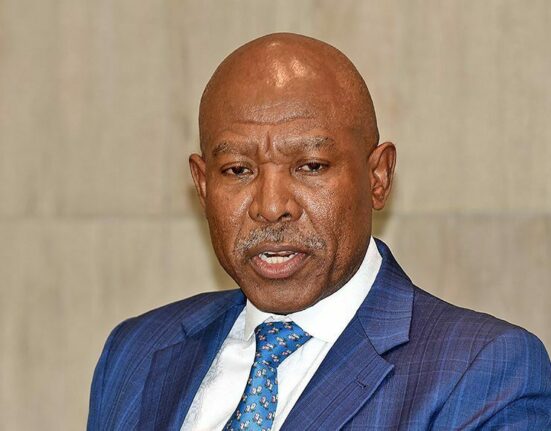Trade union Solidarity’s recent legal challenge to Bidvest’s school bursary program has stirred up a storm of debate and raised important questions about equality and fairness in South Africa. The program, which supports the education of children of full-time employees earning less than R15,300 per month, has come under fire for excluding white children.
Solidarity’s chief executive, Dirk Hermann, minced no words in his criticism, stating that the racial exclusion in the bursary program is not only morally unjustifiable but also runs afoul of local and international labor laws. He emphasized that financial struggles related to providing quality education are not exclusive to any particular race. Hermann highlighted the broader implications of such discrimination by asserting that all employees facing similar income challenges should have equal access to support for their children’s education.
The legality of Bidvest’s actions is being called into question by Solidarity, with Hermann pointing out that tying benefits like bursaries to an employee’s race goes against both the spirit of the Constitution and empowerment laws in South Africa. He argued that such policies create unnecessary barriers and prevent equal opportunities for all employees based on merit rather than skin color.
Moreover, Solidarity raised concerns about how the bursary program aligns with international standards and recommendations. By emphasizing class-based approaches over rigid racial quotas, Hermann underscored the importance of ensuring fairness and inclusivity without discriminating against any group based on their ethnic background.
In response to these accusations and demands for change, Julian Gwillim from Aprio Strategic Communications spoke on behalf of Bidvest, shedding light on the history and purpose behind the bursary program. He explained that the initiative was established through the Bidvest Education Trust as part of a broader strategy to uplift Historically Disadvantaged Individuals within the company as mandated by South Africa’s B-BBEE Act.
Gwillim reiterated Bidvest’s commitment to transformation and inclusion in line with national legislation aimed at fostering equality in workplaces across the country. By highlighting Bidvest’s endorsement of principles promoting economic empowerment and social progress, he sought to clarify the company’s stance on diversity and its efforts towards creating a more equitable society through proactive measures like educational support programs.
As tensions simmer between Solidarity’s push for change and Bidvest’s defense of its current practices, observers are closely watching how this controversy will unfold amidst ongoing debates about racial equity versus class-based considerations in corporate social responsibility initiatives. The outcome could have far-reaching implications not just for Bidvest but for other companies grappling with similar dilemmas around diversity and inclusion in South Africa’s complex socio-political landscape.









Leave feedback about this